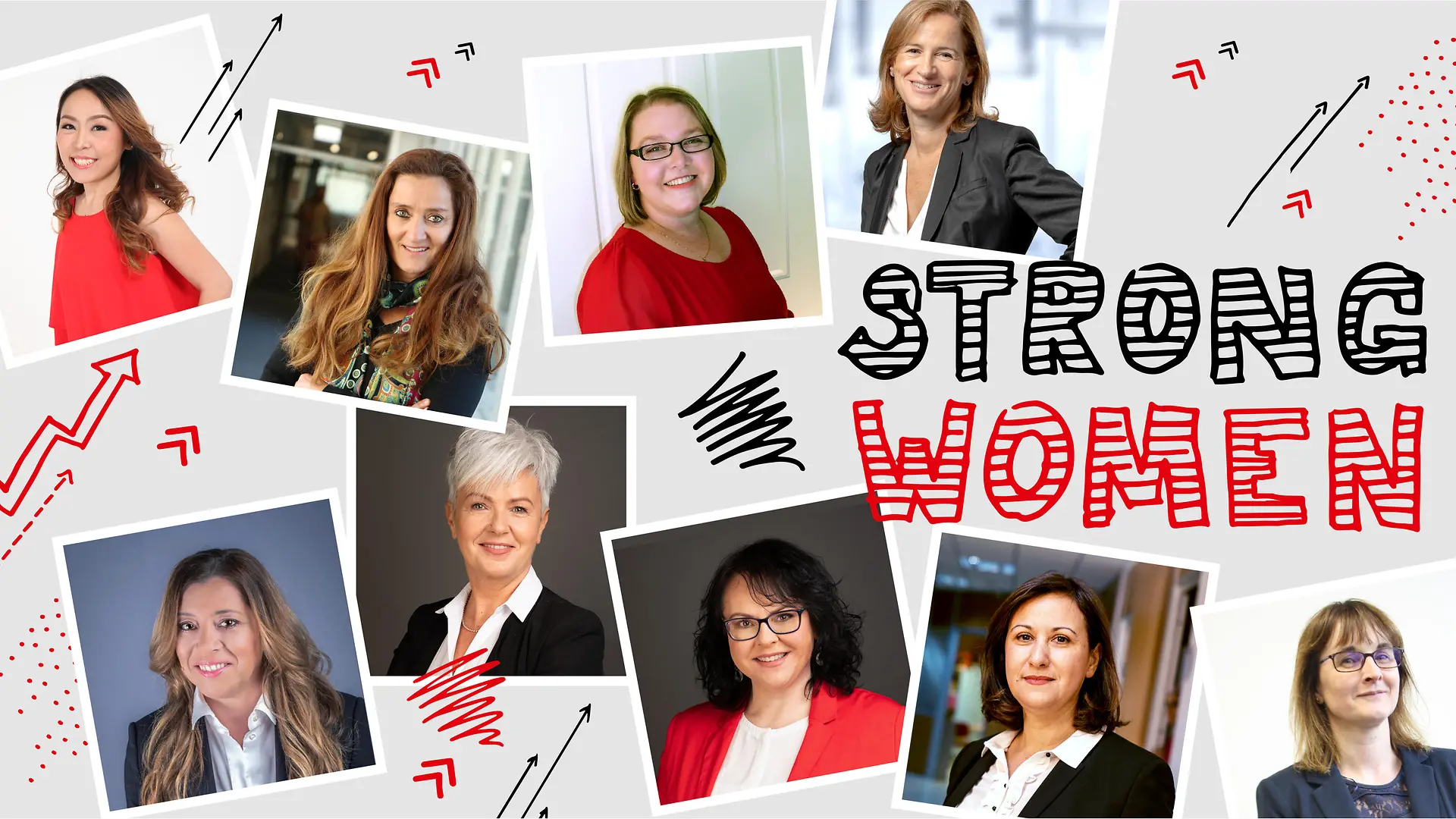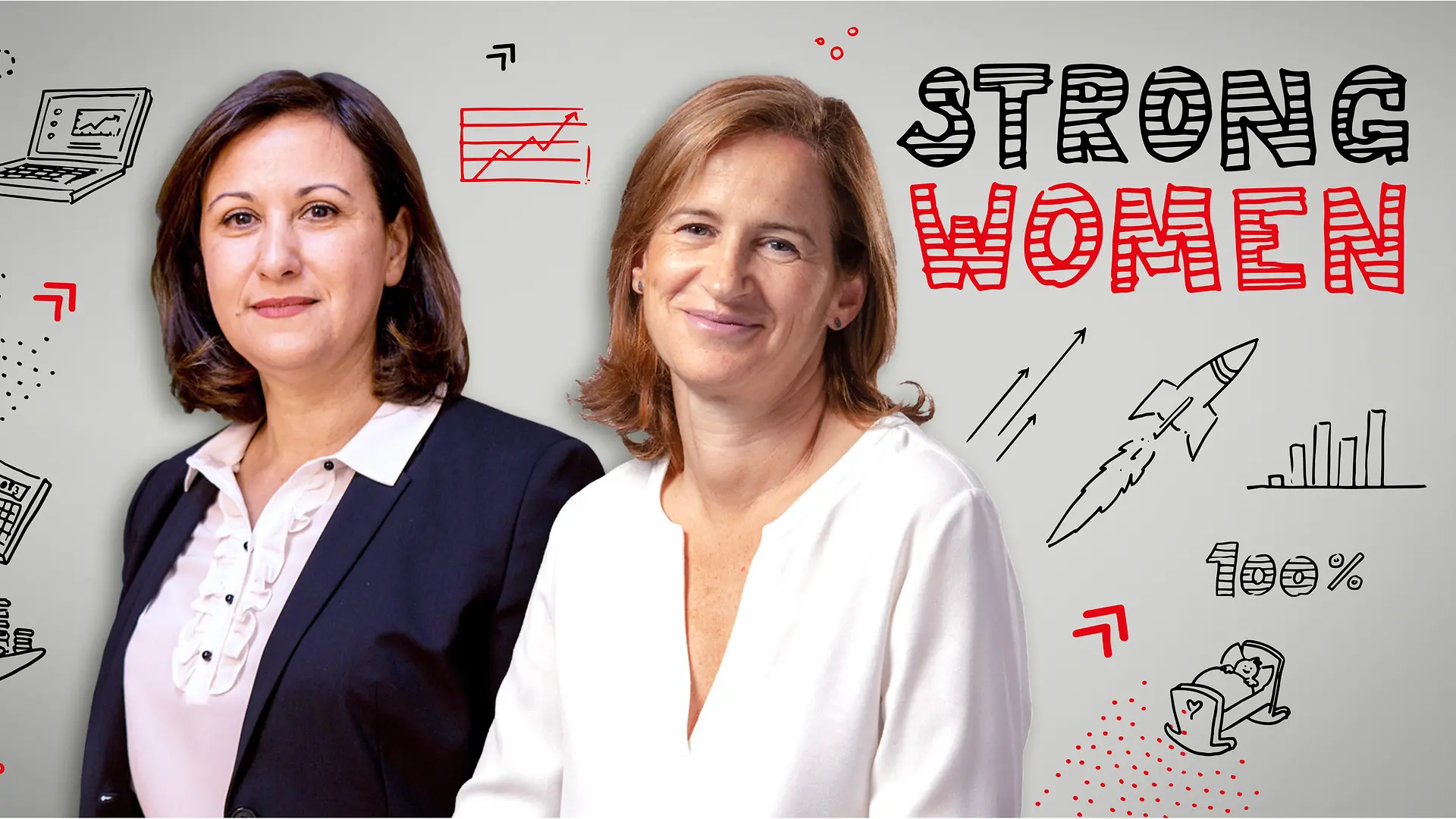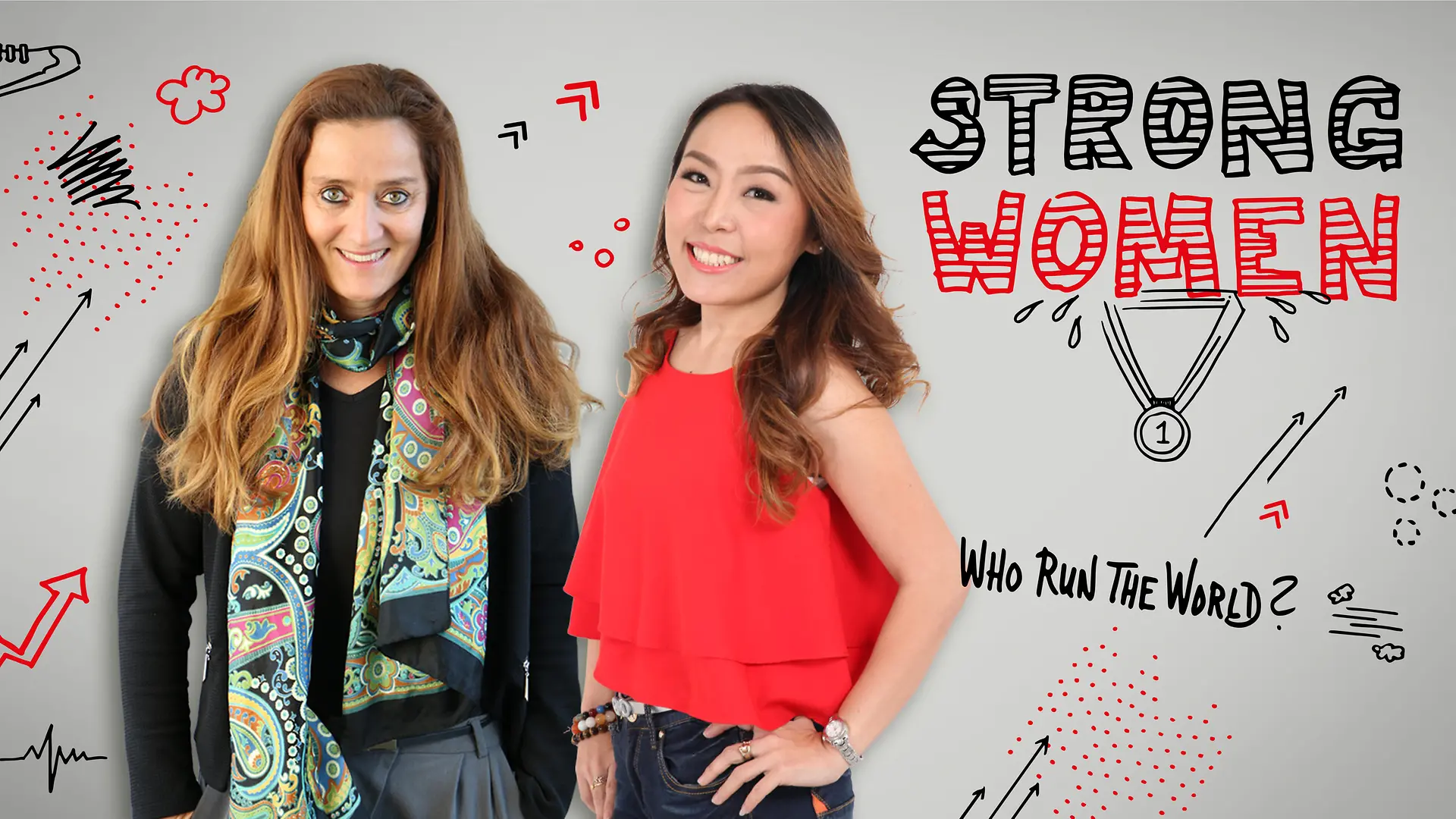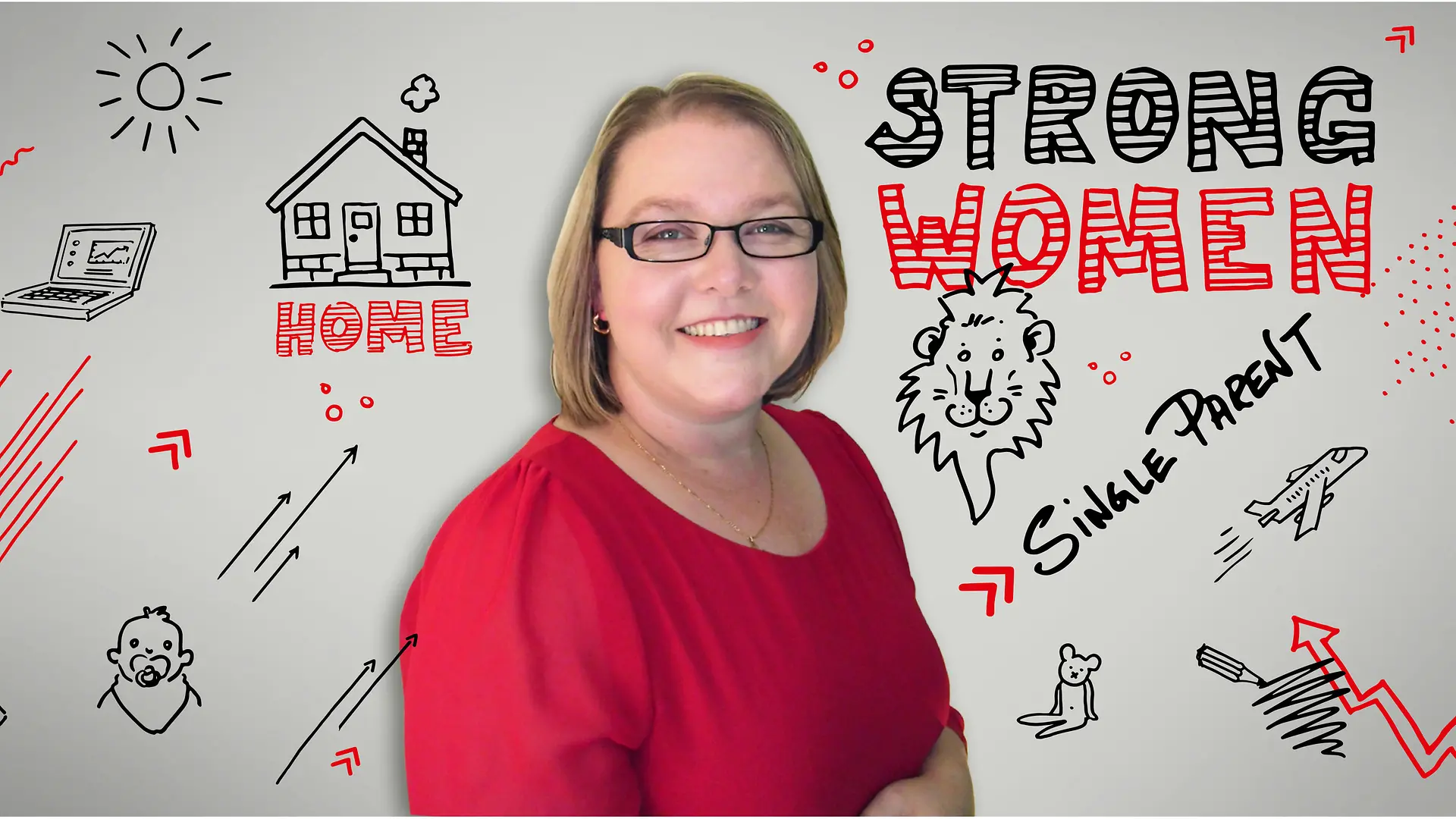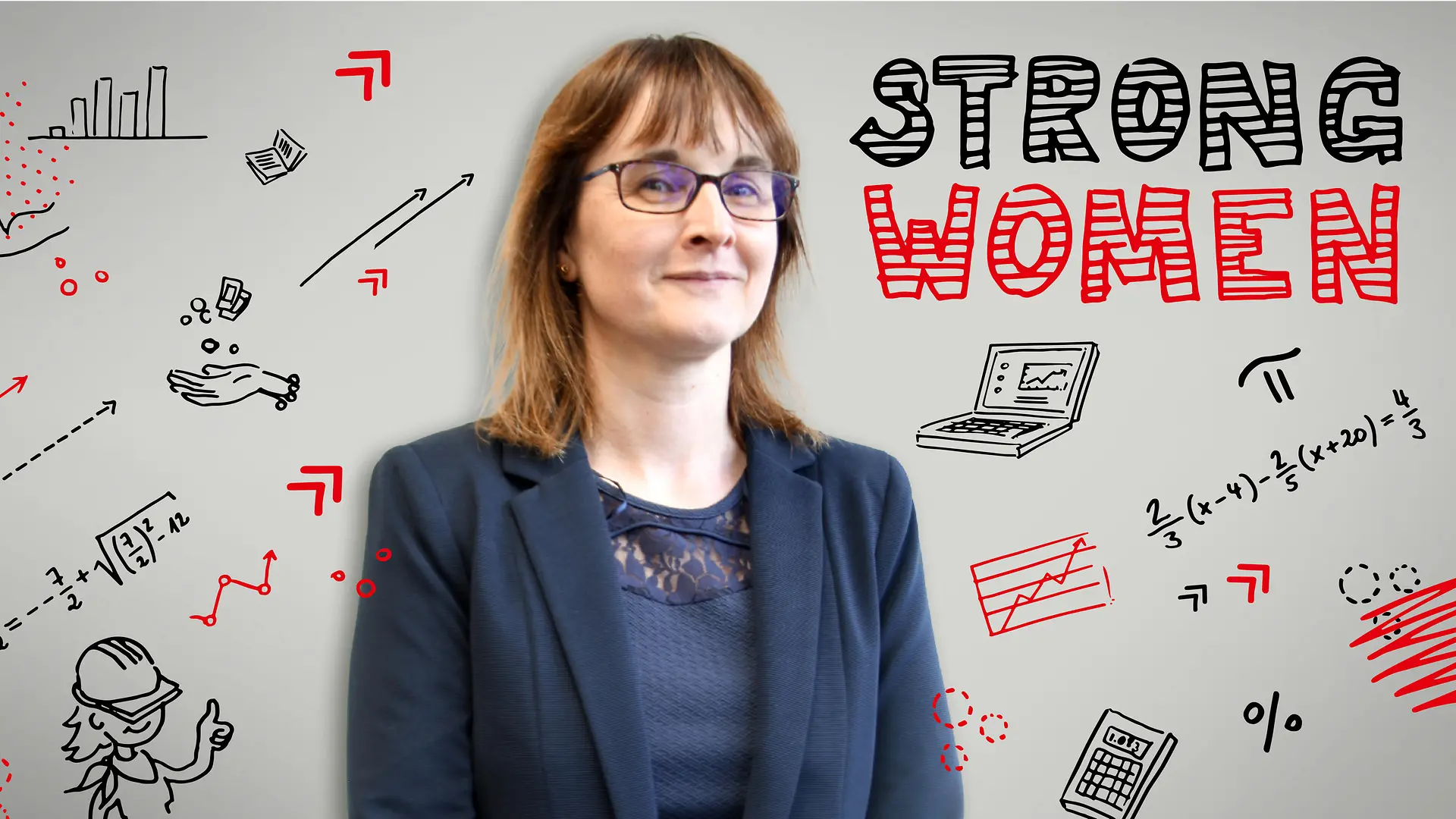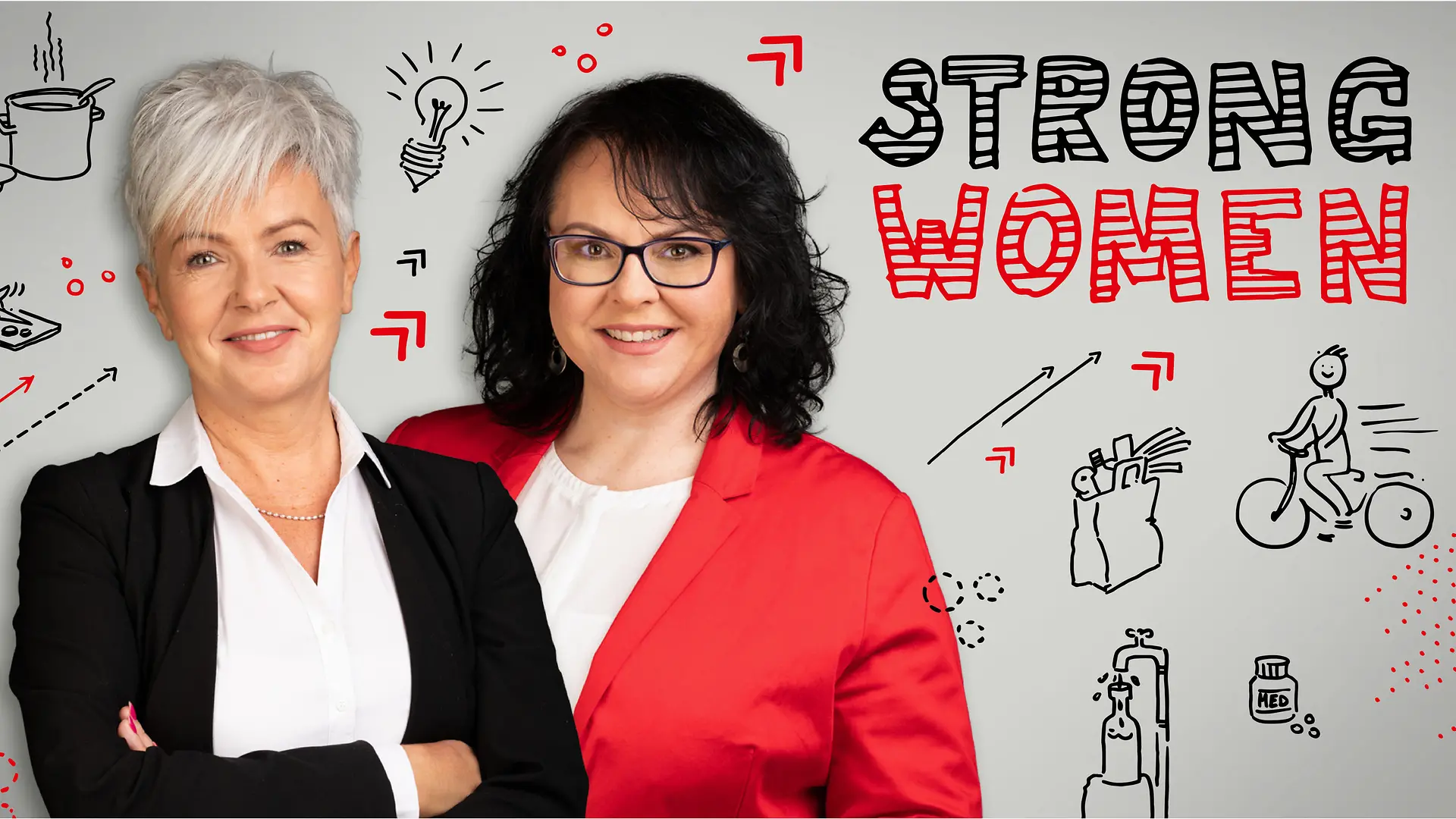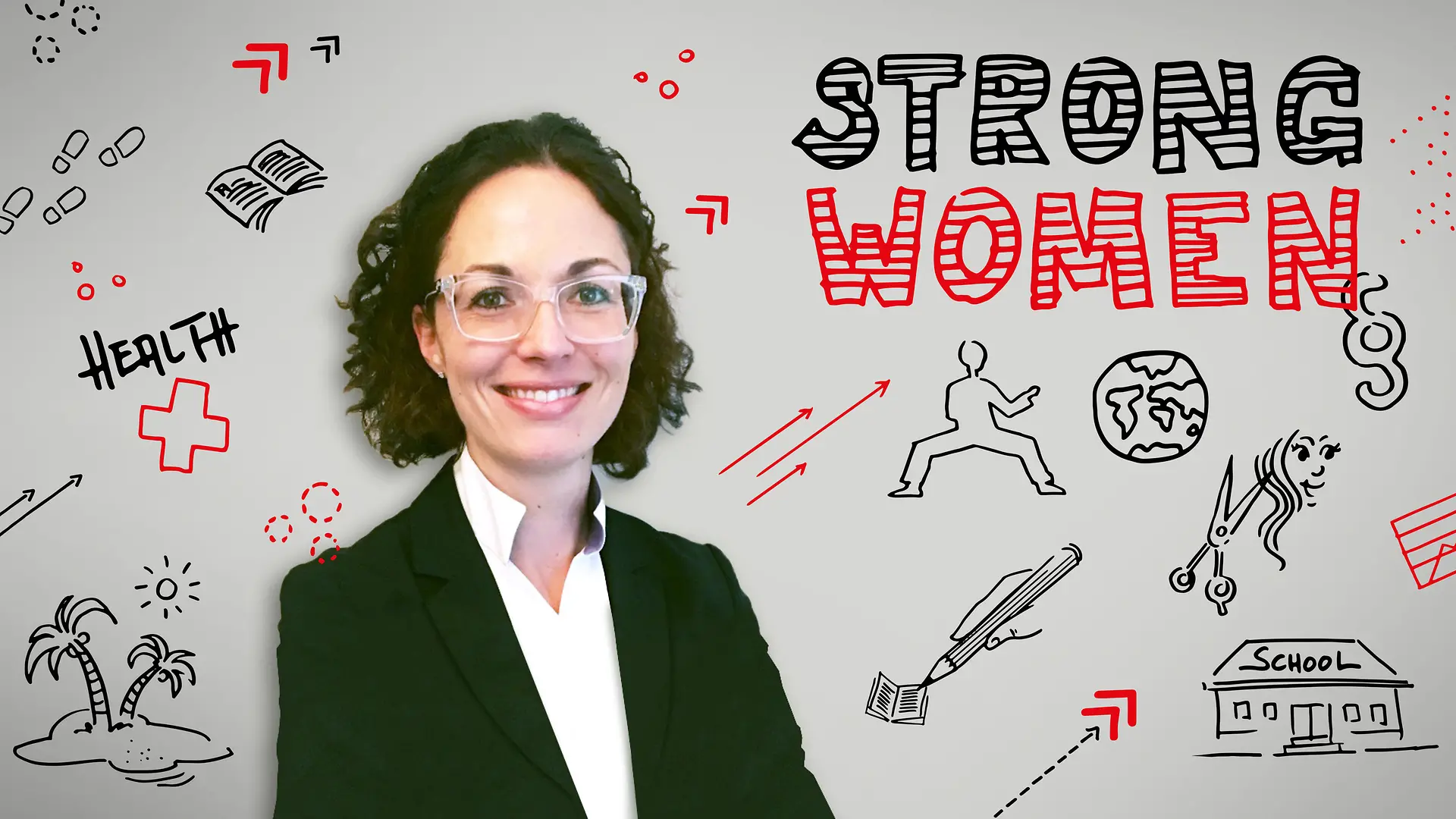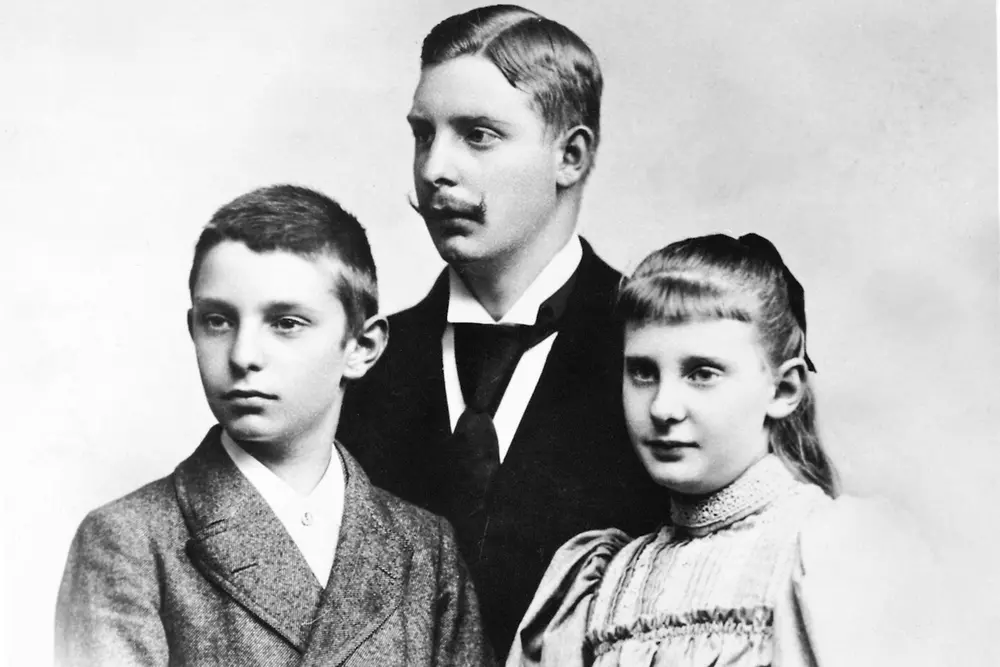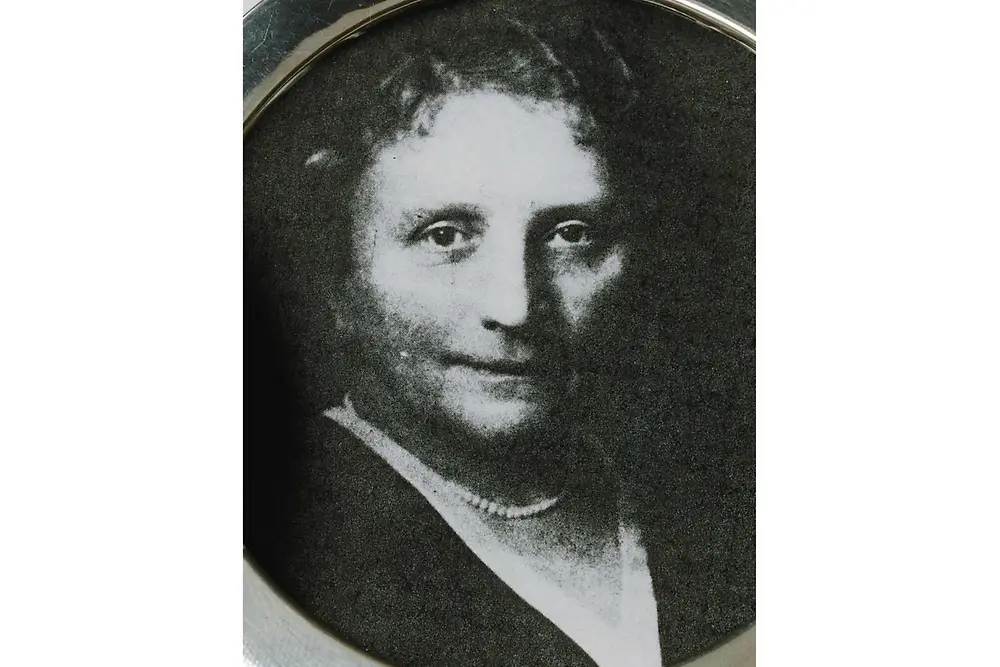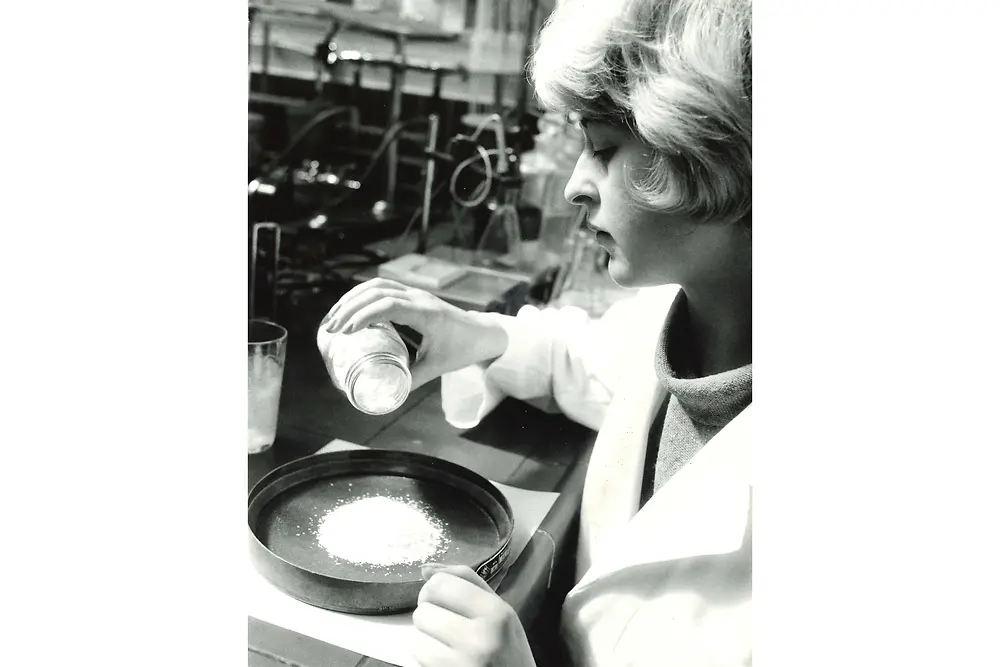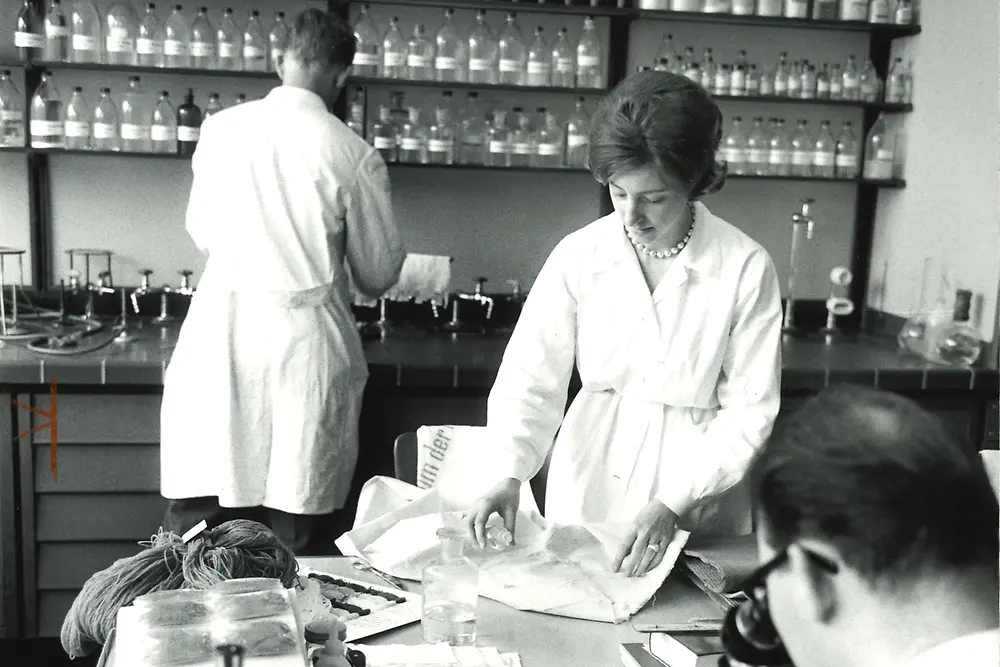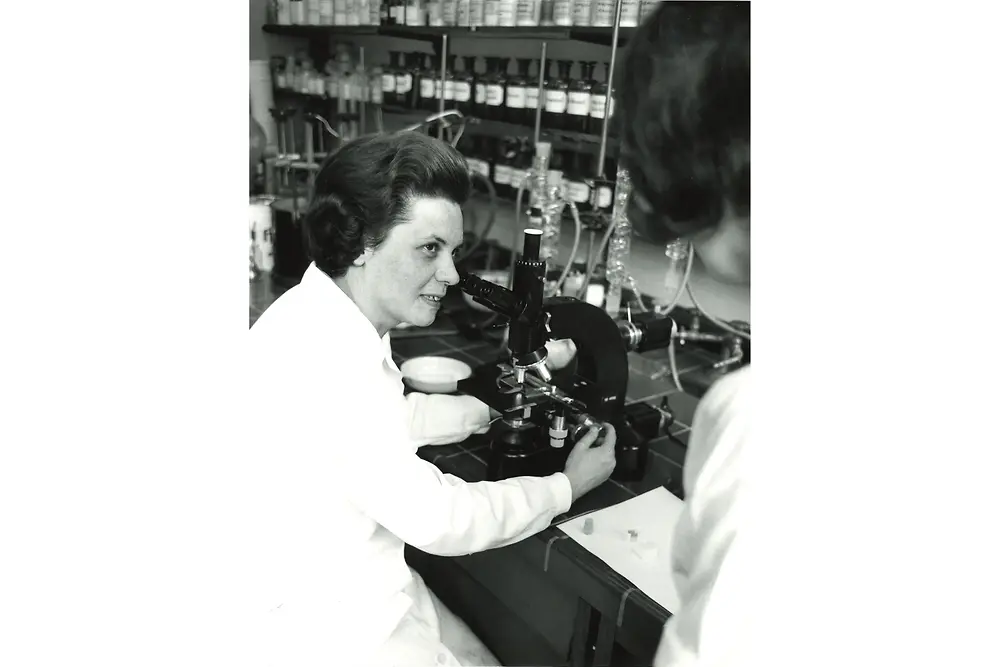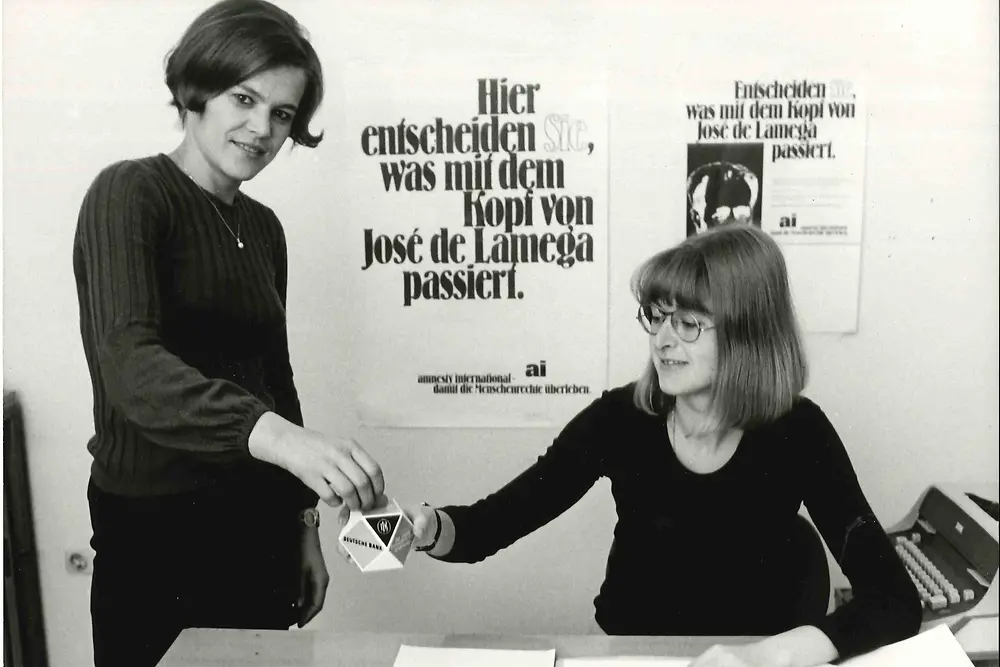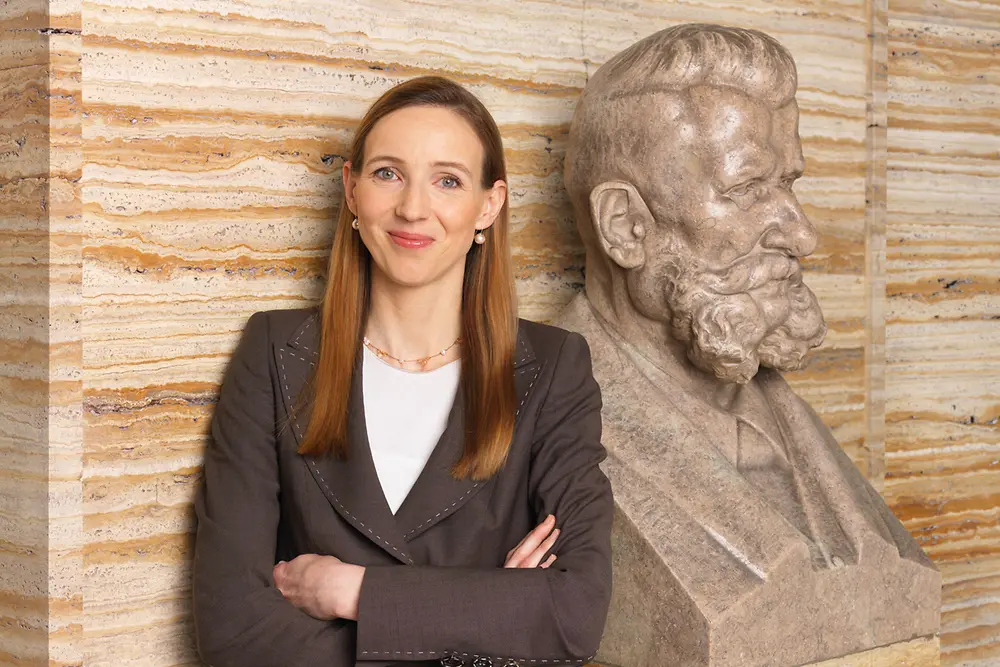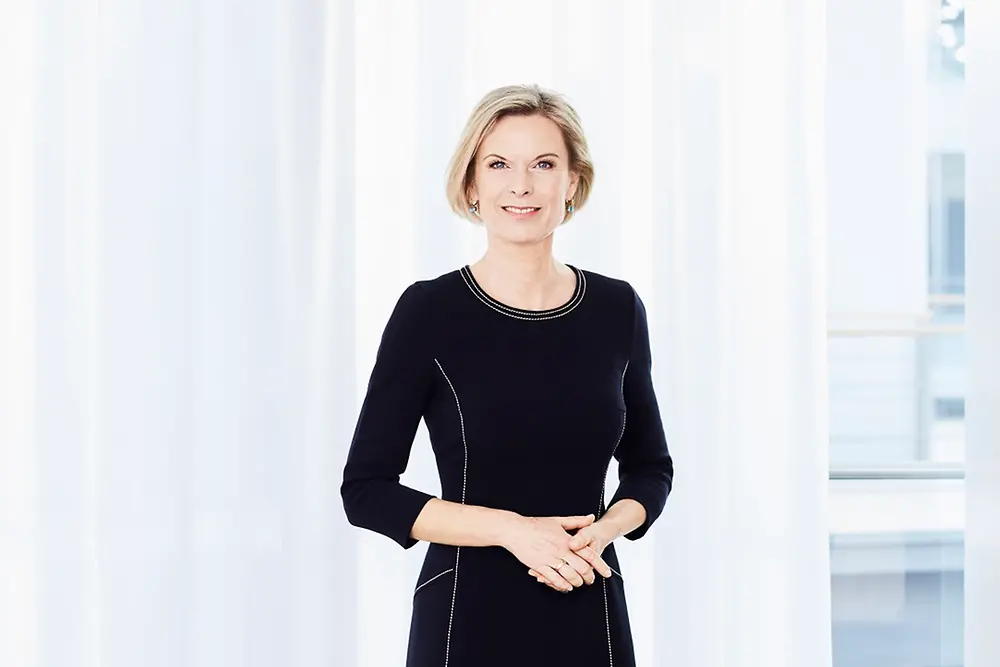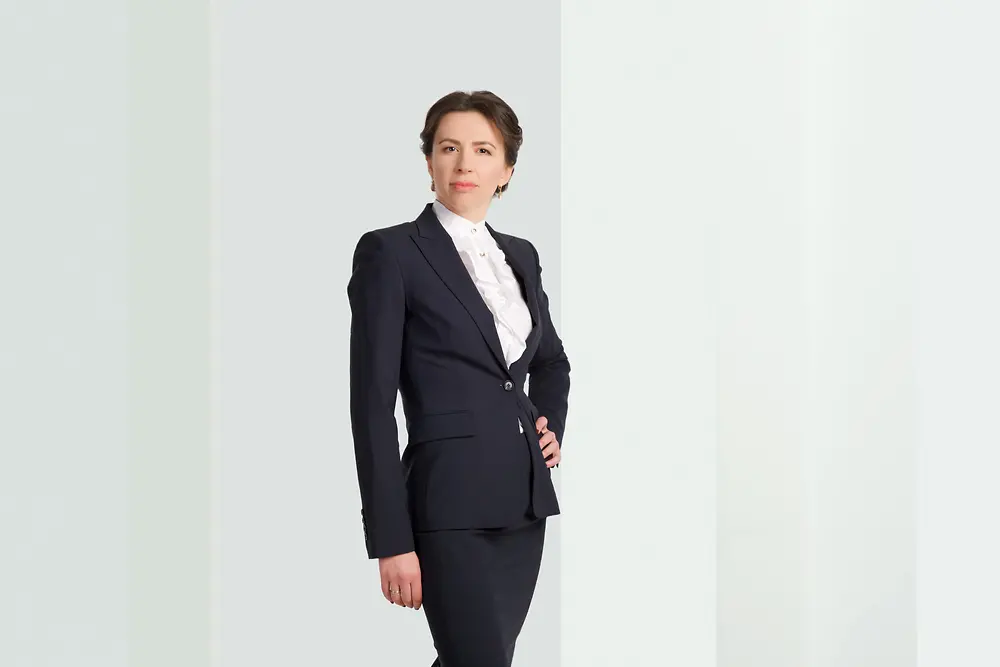For more than 100 years now, March 8 belongs to the supposedly “weaker” sex. It is International Women’s Day, or – as the UN officially refers to it – “United Nations Day for Women’s Rights and International Peace.” The name does justice to the occasion, which is closely linked to the global fight for equal rights: it was celebrated for the first time in 1911 to support women’s rights activists demanding the right to vote in Europe and the USA.
Over a century later, women have achieved a lot worldwide: traditional gender roles are fading, brave and successful women are making headway in previously male-dominated fields. There remains a lot to be done, however – especially in the wake of the #metoo and #timesup movements.
The question of equal rights for men and women is one that plays out in everyday interactions – on the streets and in meeting rooms, classrooms and living rooms all over the world. International Women’s Day is a great opportunity to draw attention to women’s rights, condemn discrimination and celebrate progress. It is even a public holiday in certain countries, like China, where women get the afternoon off. Germany’s capital is also joining in: Berlin was the first Federal Land to declare International Women’s Day a statutory public holiday. Even now, the day has lost none of its relevance and symbolic force.
Holiday or not, it is the perfect day for us to celebrate strong women at Henkel. Women who go their own way in life and at work, who rise to challenges and inspire other people. They are all very different, but they do have one thing in common: their commitment. We dedicate this #StrongWomen series to them.




